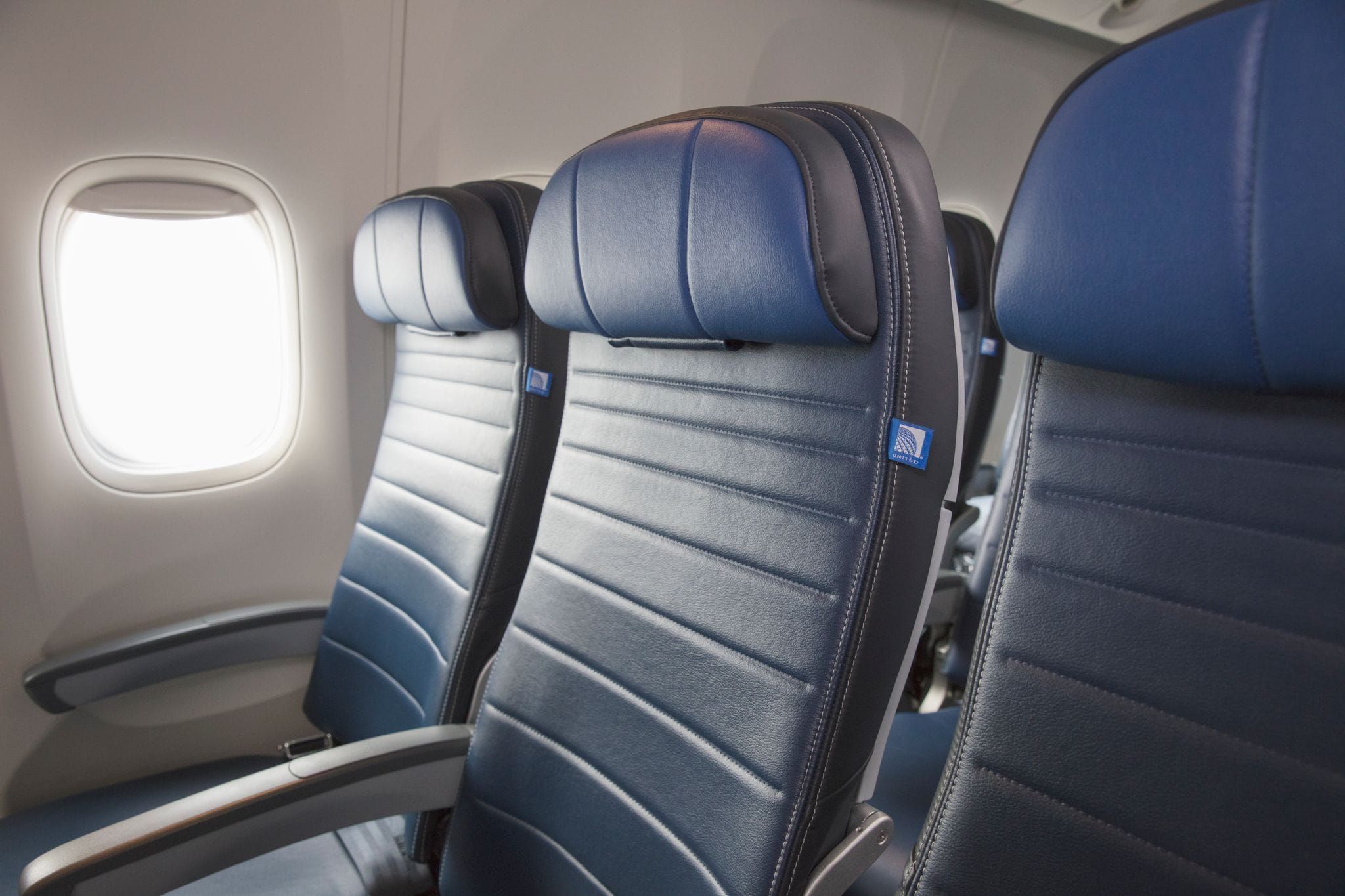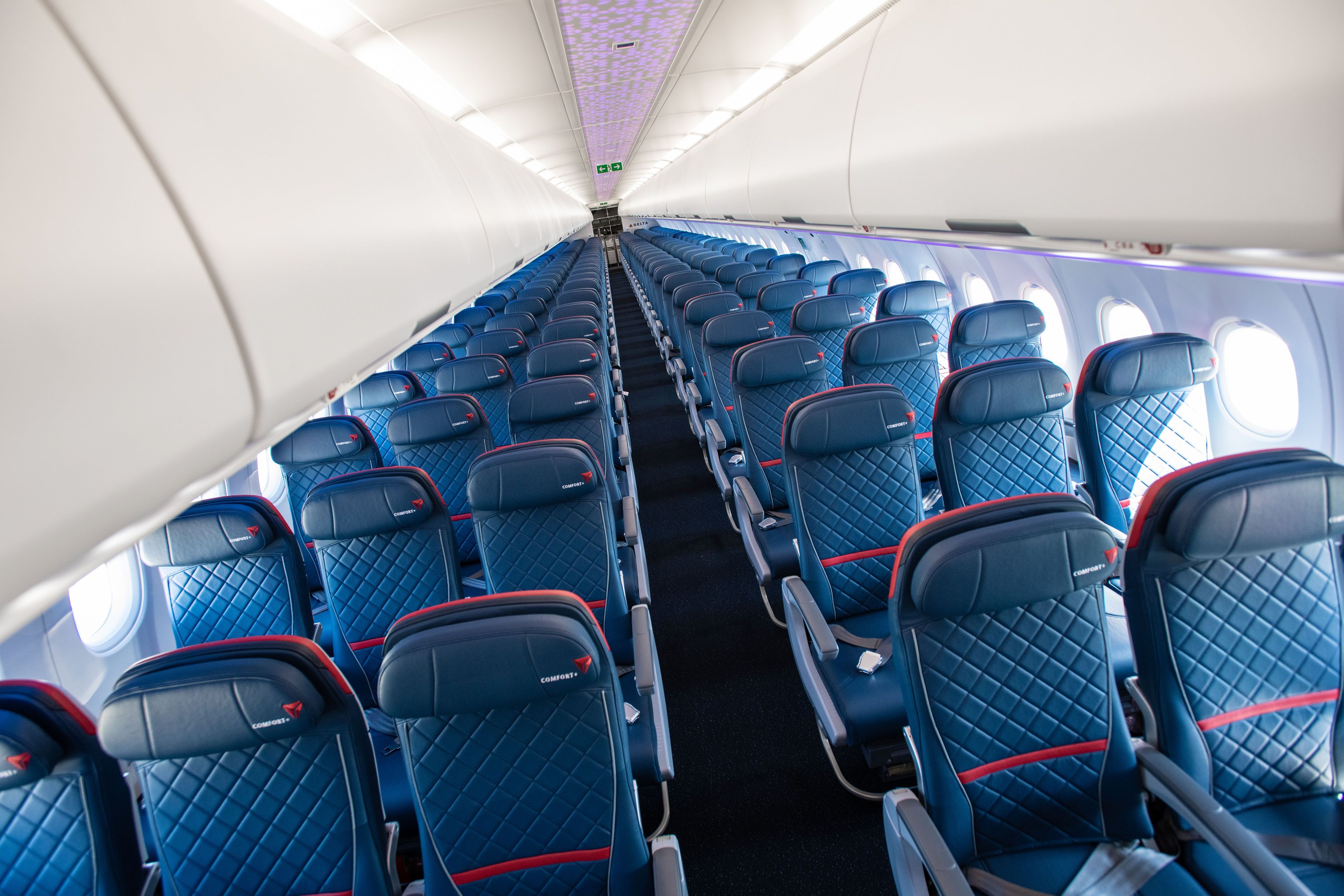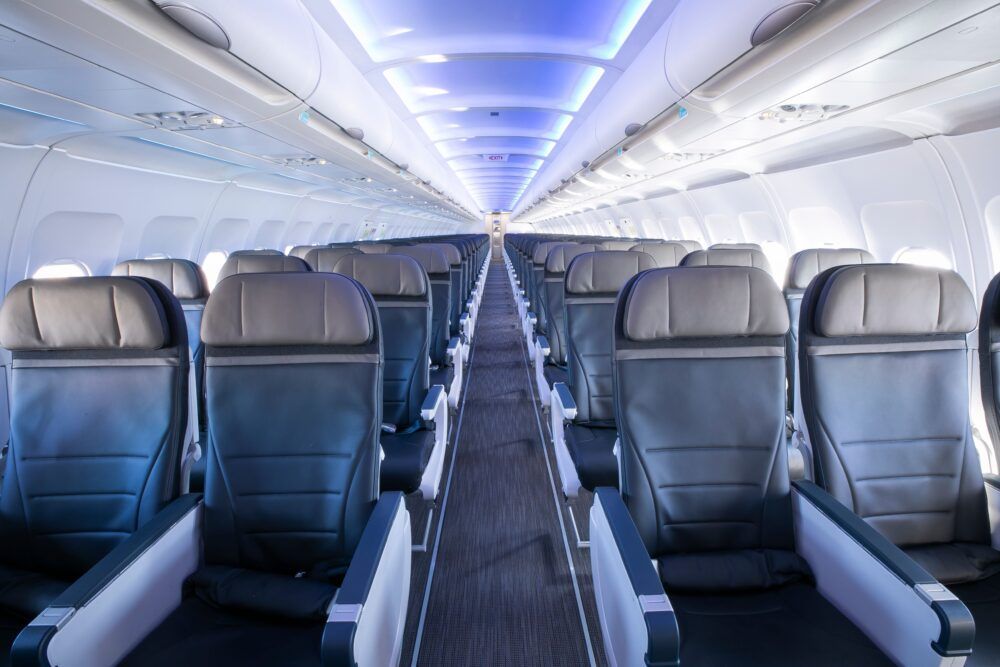Summary
- Seat selection charges have become increasingly popular among airlines, with costs rising to over $100 in some cases. Last year, eight US airlines collected a total of $4.2 billion in seat charges.
- Many travelers see seat selection charges as excessive, especially when it comes to parents having to pay extra to sit with their children.
- The Department of Transportation may be working on legislation requiring airlines to seat children next to accompanying adults at no extra cost. Senator Ed Markey has also proposed a bill prohibiting airlines from charging unreasonable fees for basic services.
Anyone who has traveled in the last many years has undoubtedly encountered many additional charges before paying for a flight. Of course, with the rise of low and ultra-low-cost carriers, they would be rather unprofitable without these ancillary charges. But even for full-service carriers with multiple economy class fares, you likely need to pay extra for similar add-ons unless you select one of the higher fares.
Under the guise that it’s better if customers can select everything they want and nothing they don’t, in particular, seat selection gets called out more than other charges. Perhaps this is because, compared to almost every other charge, sitting in one seat versus another (of the same class) will not affect passenger airline service in a significant way, nor does it increase costs for the airline. Still, they charge you for it.
Get the latest aviation news straight to your inbox: Sign up for our newsletters today.
The crux of the matter
According to USA Today, the practice of charging for specific seats began in the mid to late 2000s and has become increasingly popular ever since. If it were merely $5 to $10 for such a choice, perhaps most travelers would not grumble as much as they do. However, these costs have been rising steadily over time, up to over $100 in some cases. As published by IdeaWorks, last year, eight US airlines alone (Alaska, Allegiant, American, Delta, Frontier, JetBlue, Spirit, and United) collected a total of $4.2 billion in seat charges.
Although flying is more accessible than ever before, it is still considered a luxury. It’s hard to say whether airlines started charging for seats due to the usual preference for a window/aisle seat or to take advantage of the natural human desire to sit next to a friend or family member. Many see it as excessive regardless. Some people are of the camp that it is entirely in the carrier’s right to request such charges and therefore go into it knowing seat selection will be an expense, while others feel the practice should be illegal; this is especially the case for those traveling with young children.
Primarily, the issue is that parents are forced to pay an extra $25 to $100+ per person to sit together or let airline employees place their children in seats surrounded by strangers. In a recent press conference on airline policy changes, US President Joe Biden summed it up in favor of getting rid of these charges, saying, “Airlines can’t just treat a child like a piece of baggage.” Again, it’s possible to argue for both sides of the issue: “Why should I need to pay extra to sit with my children,” or “Find another method of travel if you’re not willing to do so.”
Potentially the end of an era
As it happens, this may not matter; at least in the United States, the days of certain ancillary charges may be numbered. The Department of Transportation may be drawing up legislation that will force airlines to seat a child (anyone 13 or younger, according to the document) next to an accompanying adult at no extra cost to the family.
Additionally, Senator Ed Markey, Massachusetts, has proposed the “FAIR Fees Act, prohibiting airlines from charging unreasonable fees for basic services like reservation changes, carry-on baggage, and more.” As the text mentions, Senators and Representatives who have backed the bill come from far-reaching areas of the country, such as Connecticut, Vermont, Rhode Island, Mississippi, Ohio, Illinois, Oregon, and California. Only time will tell what will happen with seat selection charges.
Sources: USA Today, IdeaWorks Company, US Department of Transportation, The US Senate, Vox, ABC News



